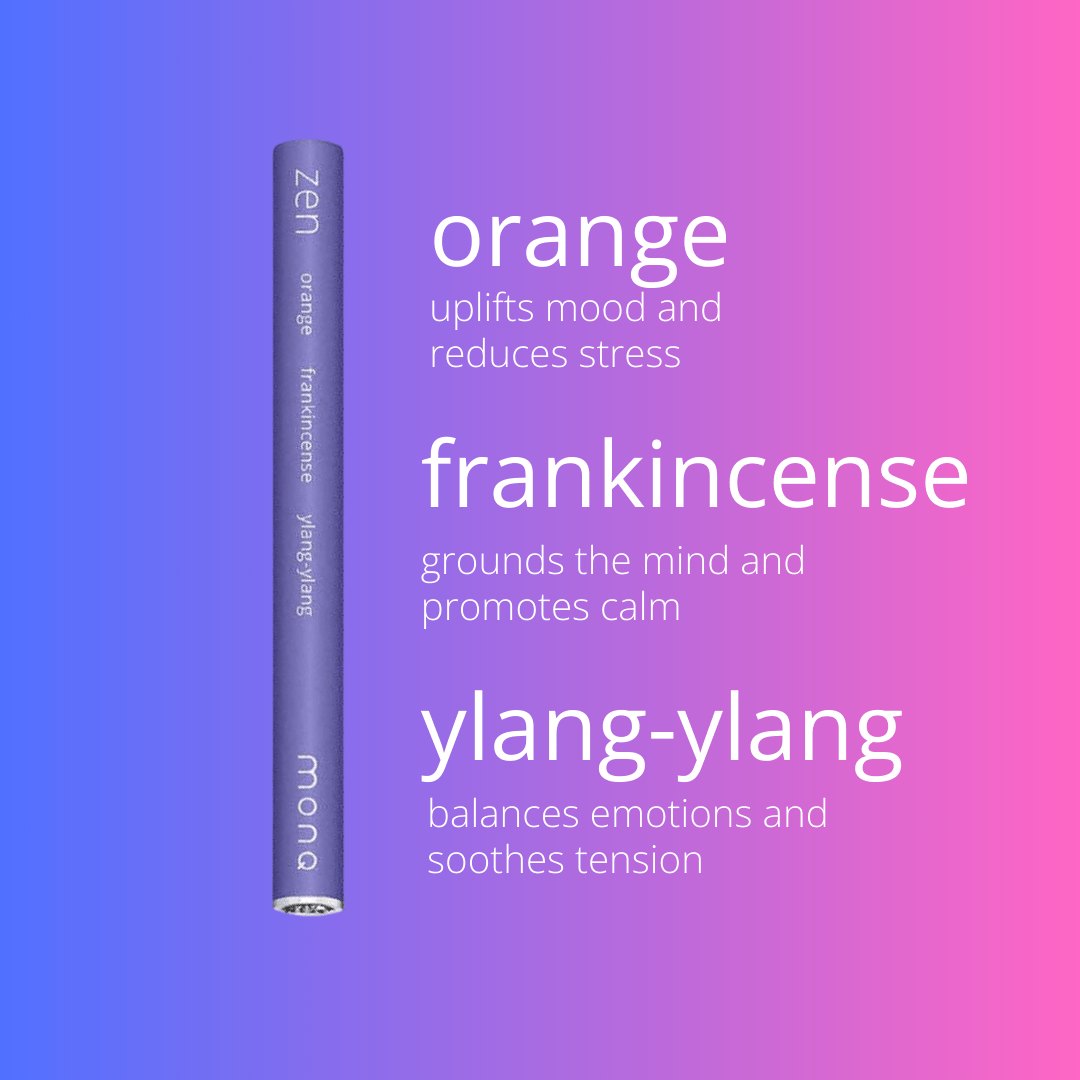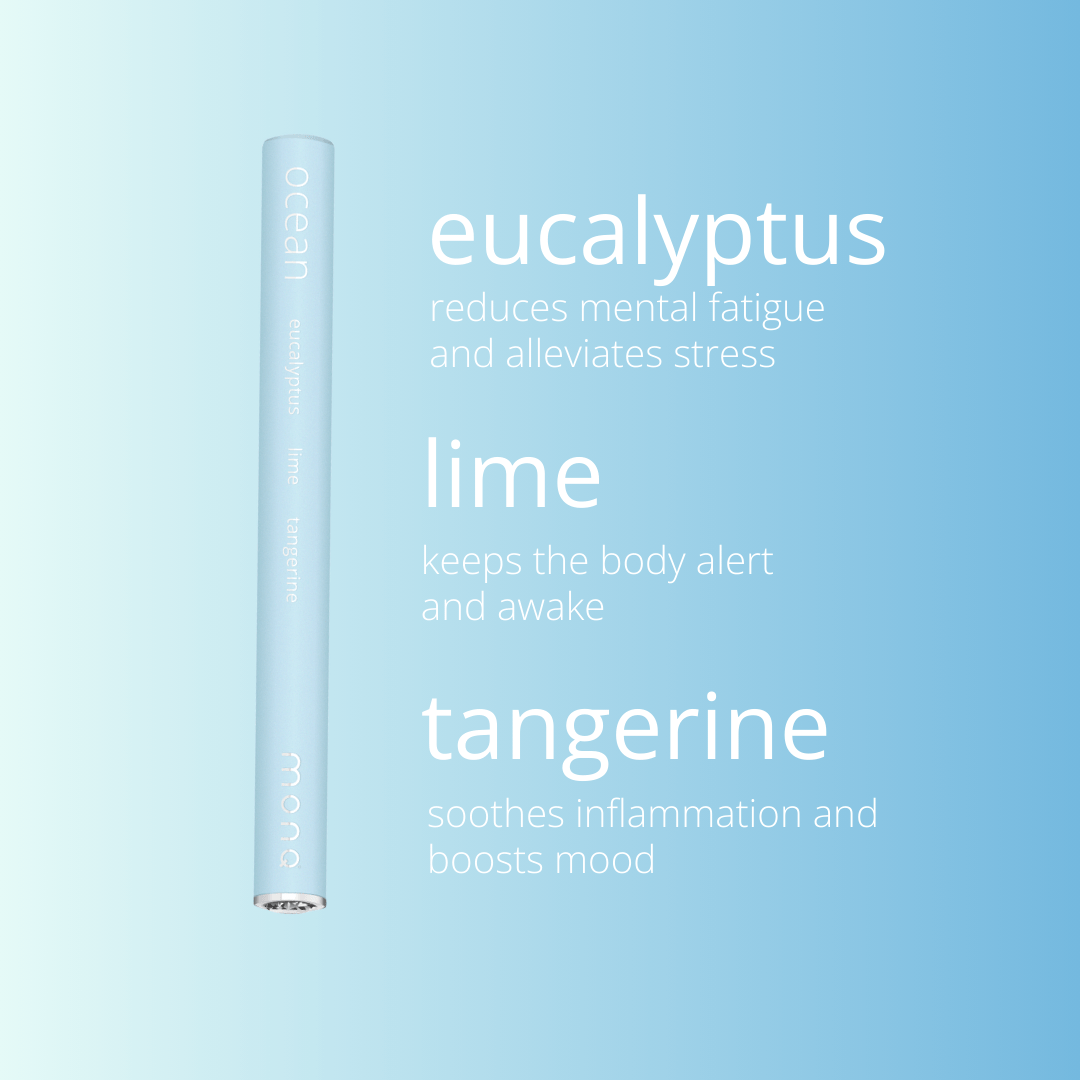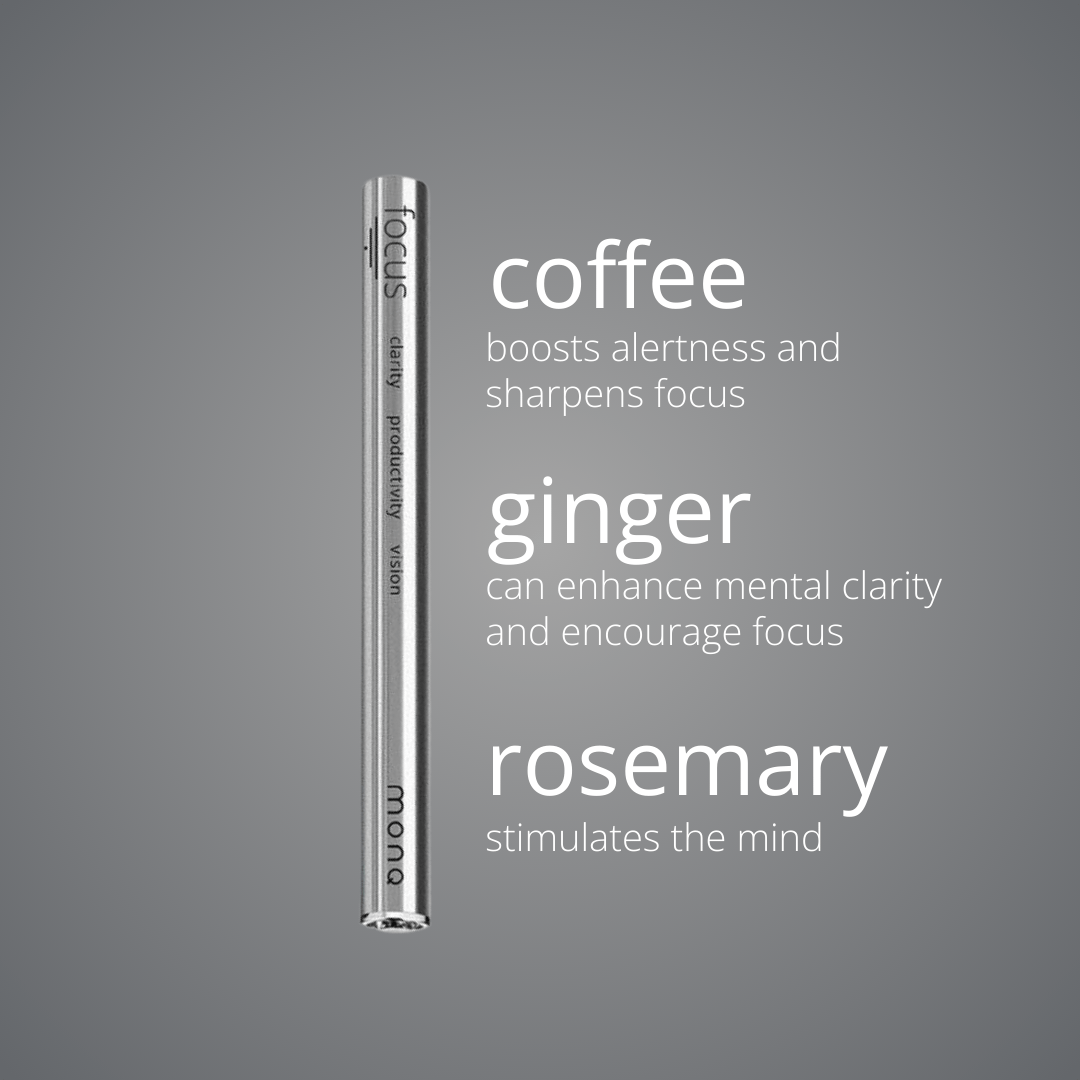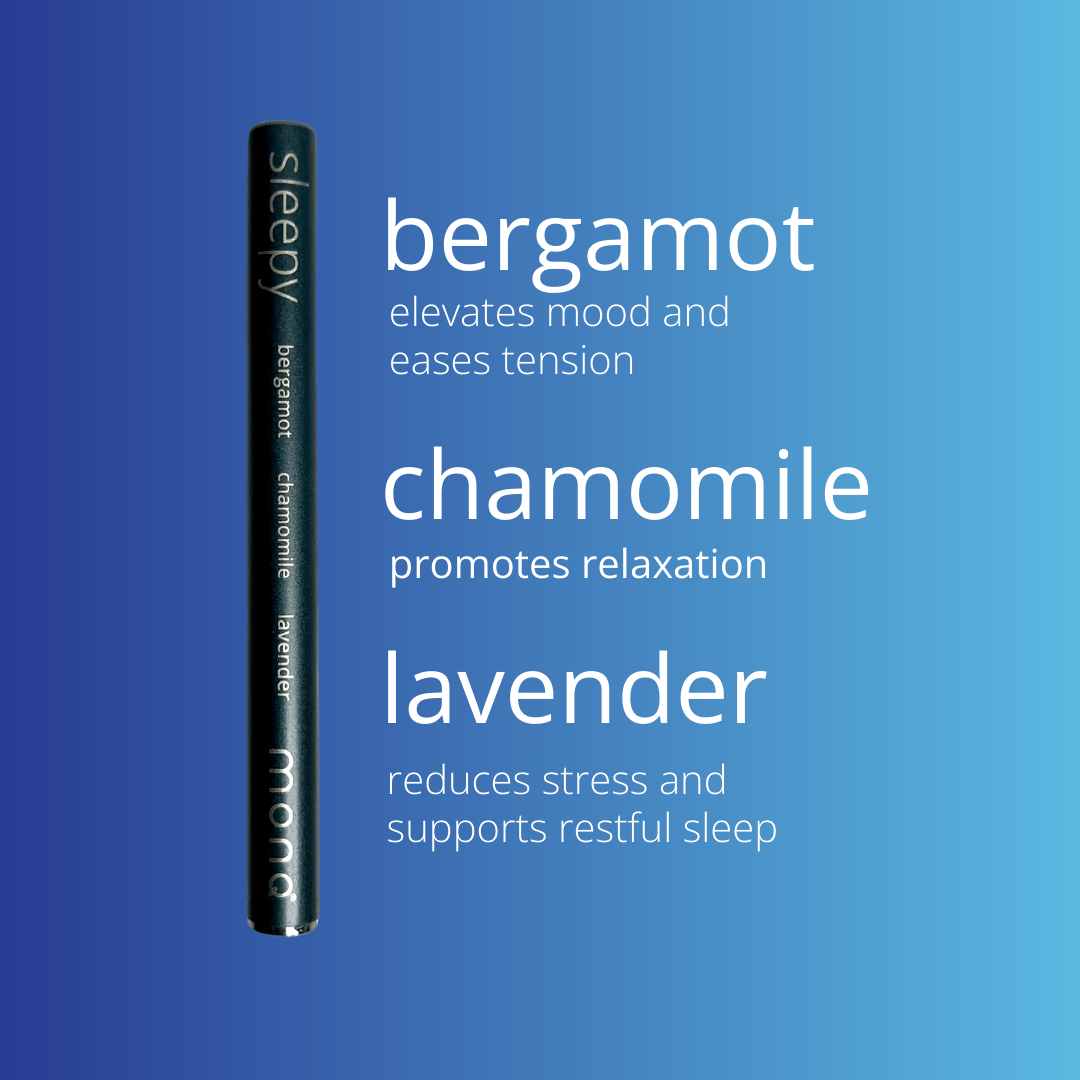Stress Buster: Banishing Brain Fog

Brain fog, often described as a foggy sensation in the mind, isn't a standalone medical condition. Instead, it's a symptom of various underlying health issues that can manifest as memory lapses, lack of concentration, and overall mental fatigue. While it may affect job performance or academic success, there are ways to mitigate its effects and regain clarity in your life.
Identifying Brain Fog Triggers
-
Stress: Chronic stress can weaken the immune system and lead to mental exhaustion, impairing cognitive function and reasoning abilities.
-
Sleep Patterns: Inadequate sleep can disrupt brain function, hindering concentration and clouding thoughts. Aim for eight to ten hours of quality sleep each night to optimize cognitive performance.
-
Hormonal Changes: Fluctuations in estrogen and progesterone levels during pregnancy or menopause can impact memory and cognitive function, contributing to brain fog.
-
Dietary Factors: Nutritional deficiencies, food sensitivities, and certain allergies can trigger brain fog. Incorporating vitamin B12-rich foods and eliminating trigger foods like aspartame, MSG, dairy, and peanuts may alleviate symptoms.
-
Medications: Some medications can cause brain fog as a side effect. Consulting with a healthcare professional to explore alternative medications or dosage adjustments may help manage symptoms.
-
Medical Conditions: Underlying health conditions such as chronic fatigue syndrome, fibromyalgia, diabetes, migraines, and autoimmune diseases may contribute to brain fog due to changes in blood glucose levels, fatigue, or inflammation.
Diagnosing Brain Fog
Consulting with a healthcare provider is essential for diagnosing and addressing brain fog. Physical examinations, dietary assessments, and blood tests can help identify nutritional deficiencies, hormonal imbalances, and underlying medical conditions contributing to brain fog.








Leave a comment